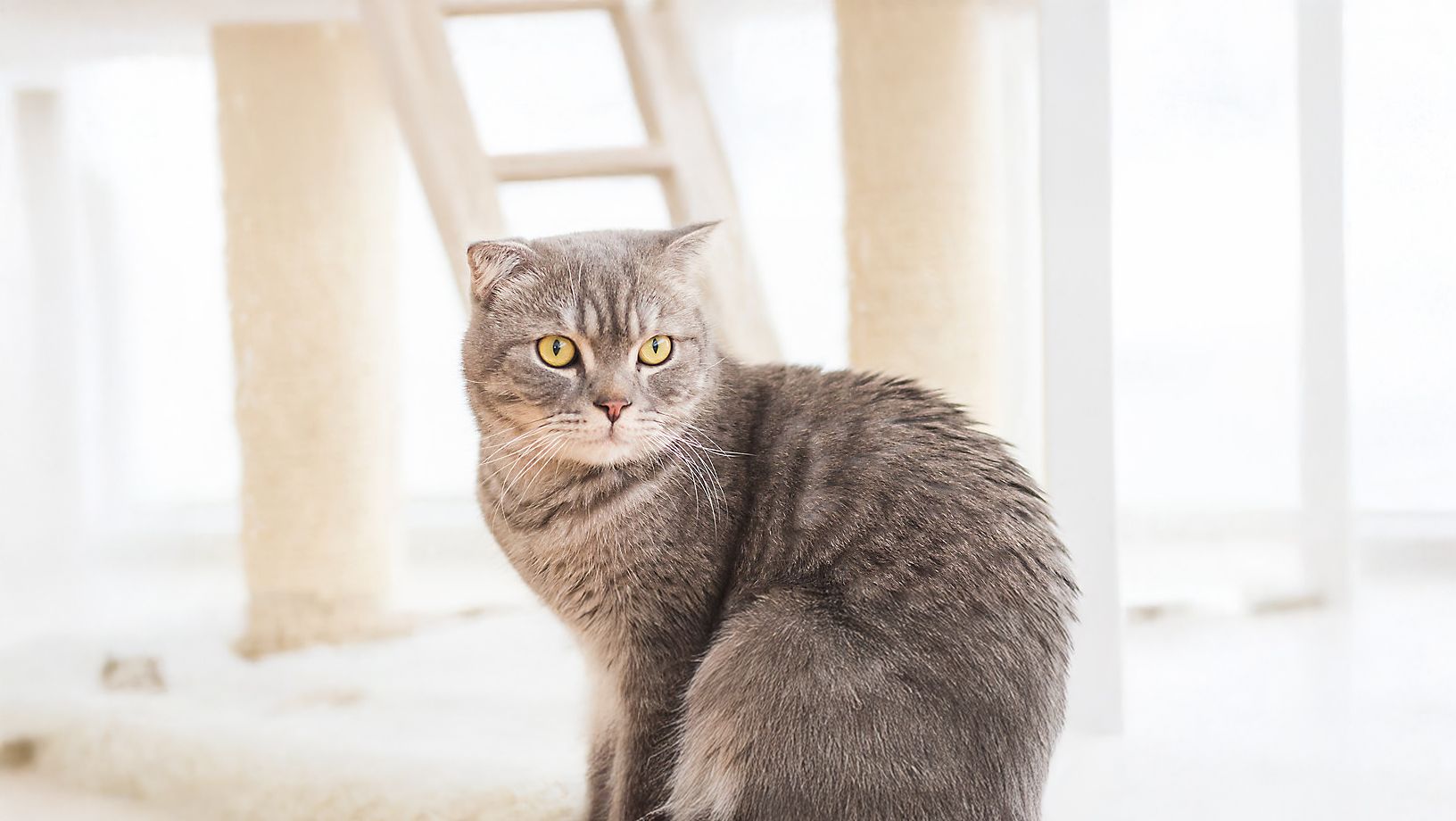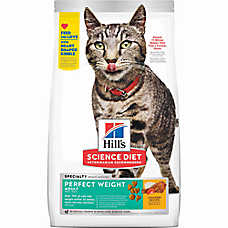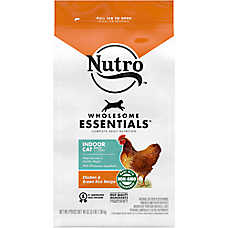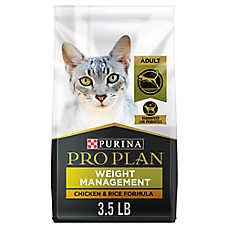Cat Hip and Joint Health

In this Article
Arthritis in older cats
Aches and pains, creaky joints, stiffness — aging cats can suffer the same problems that aging humans do.
As cats get older, they lose cartilage in their joints, which can lead to inflammation. This is osteoarthritis, the most common cause of joint or musculoskeletal problems in older cats. In fact, 90% of cats over 12 years old have at least a touch of it. If your cat seems stiff or less comfortable than usual, especially in cold or damp weather or after a long lie-down, it could be osteoarthritis. Cats can also get “traumatic arthritis,” that is, is arthritis caused by a fall or injury.
Nutrition to help arthritis
Some studies suggest that certain ingredients may provide some relief to cats suffering from joint pain. For example Omega 3 fatty acids, a healthy fat found in some fish, may help reduce inflammation. Look for cat foods labeled “hip and joint health,” which contain Omega 3, plus other ingredients that may benefit achy cats. Many special formulas also contain chondroitin and glucosamine which are believed to support joint health.
There’s another way you can help your cat avoid arthritis or other joint problems: no matter what you feed your cat, don’t overdo it and keep your cat at a healthy weight. Even a few extra ounces of body weight, especially on a cat prone to joint problems, can be painful. If you’re worried that your cat is overweight, consult your veterinarian.
Need other cat supplies while you’re shopping for cat hip and joint supplements? PetSmart also carries cat food, cat litter, litter boxes, cat toys, cat beds & furniture, cat flea & tick treatments and much more. Explore PetSmart’s Cat Shop to find everything your cat needs, all in one place.
PetSmart offers convenient shopping with Curbside Pickup or in-store pickup. Need something today? We have select items available for Same-Day Delivery in most areas powered by DoorDash. For items you purchase frequently, PetSmart has Autoship that automatically delivers the items you want to your door as often as you’d like. Check the website to see which items are eligible.
Information in this article is not intended to diagnose, treat or cure your pet and is not a substitute for veterinary care provided by a licensed veterinarian. For any medical or health-related advice concerning the care and treatment of your pet, contact your veterinarian.


